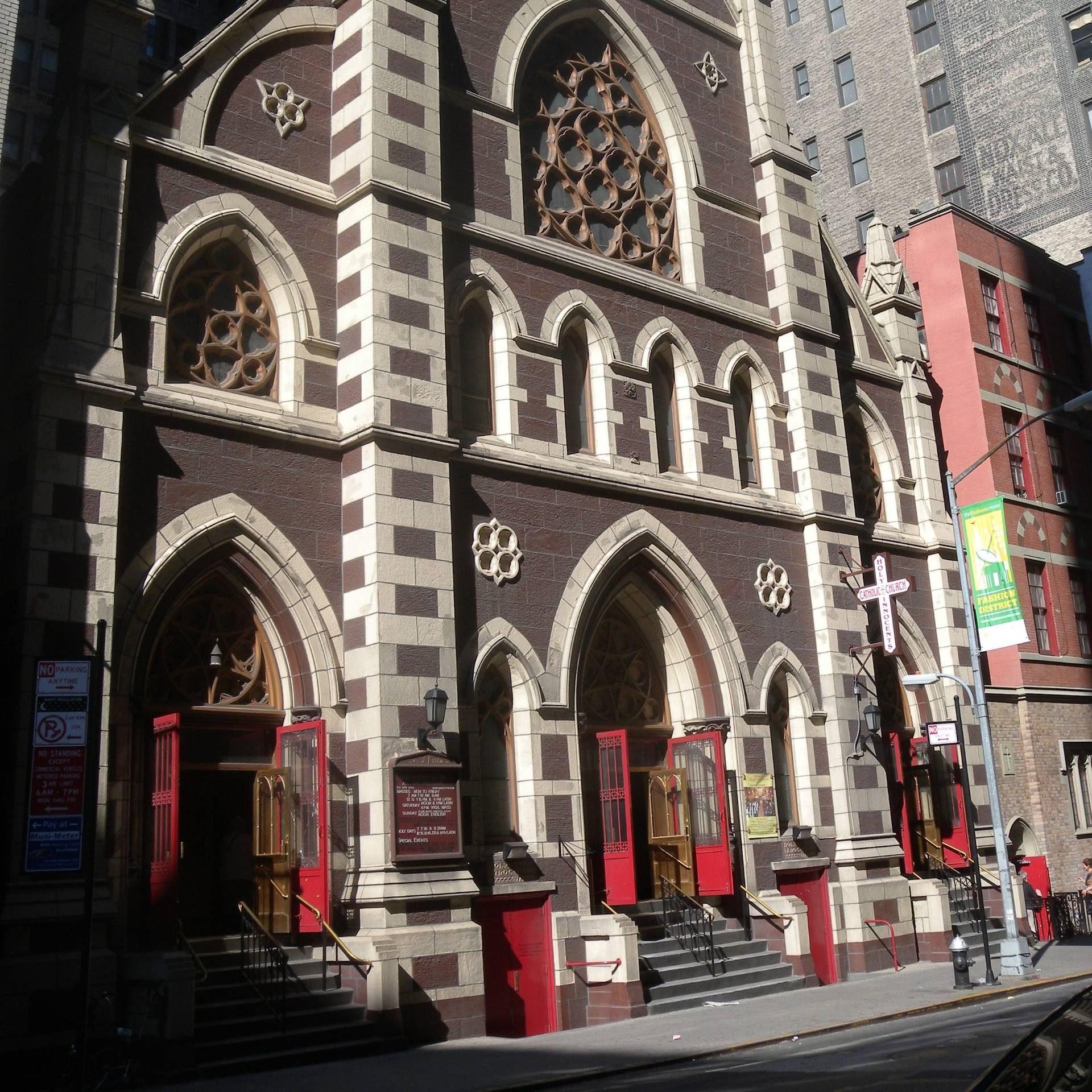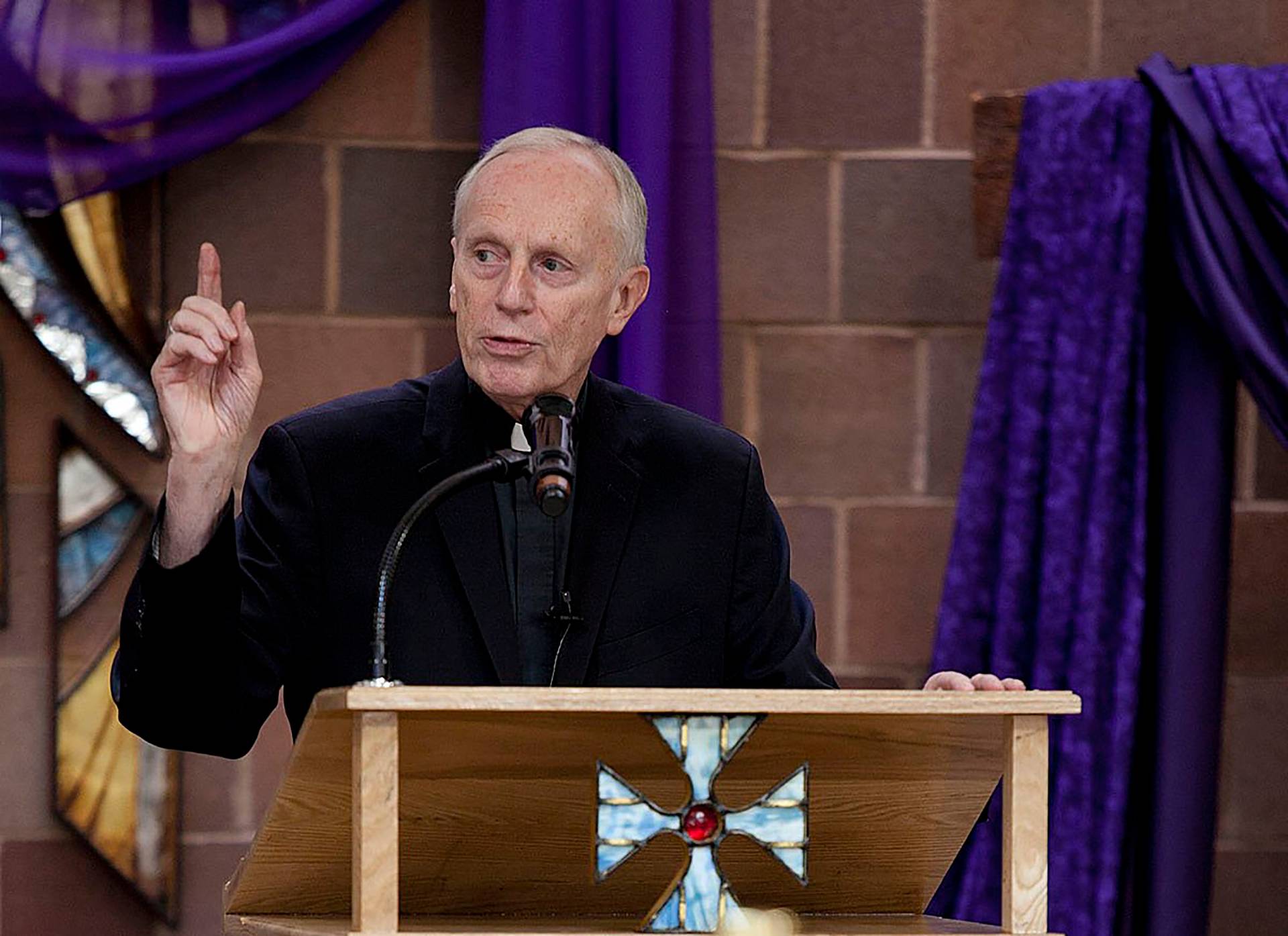Given the way German Cardinal Gerhard Müller has become identified as the Vatican’s leading in-house skeptic about Pope Francis’s cautious opening to Communion for the divorced and civilly remarried in Amoris Laetitia, it was written in the stars that when and if Müller was ever replaced as head of the Congregation for the Doctrine of the Faith, it would be seen as a papal smackdown.
In some quarters, that’s precisely how news has been received that Francis has appointed Spanish Archbishop Luis Ladaria Ferrer, a fellow Jesuit, to take Müller’s place.
Before we get too carried away in the “night of the long knives” way of seeing things, however, there are a few points worth taking into account.
First, as of July 2, Müller reached the end of the five-year term to which he was appointed by Pope Benedict XVI in 2012. Granted, such terms can be extended at a pope’s discretion, but the point is that it’s not really as if Müller has been “fired”. His service was up, and the pope decided to name someone else.
Second, while Müller undeniably has a more restrictive take on the implications of Amoris than many others, it’s hardly as if he’s an implacable foe of the pontiff. Recall, for instance, that the German-speaking bishops at the second Synod on the Family made a commitment in their language group to achieve unanimity on their recommendations, and Müller was part of that consensus.
Recall, too, that Müller is very close to the Latin American church, including a longtime personal friendship with Gustavo Gutierrez, considered one of the fathers of liberation theology. In 2014, he and Gutierrez appeared together in Rome at a Vatican event, along with Cardinal Oscar Rodriguez Maradiaga, in what was widely seen as a historic healing of old wounds between the Vatican and the progressive wing of the Latin American church. Müller also supported the sainthood of El Salvador’s famed martyr Oscar Romero, a cause near and dear to the pope’s heart.
In other words, even if Francis truly were dividing the blues from the grays, it’s not clear on which side Müller would fall.
Third, it’s not as if Ladara is anybody’s idea of a flaming liberal.
He was appointed to the number two post at the CDF by Benedict XVI in 2008, and obviously the former prefect of the congregation wasn’t going to name anyone he regarded as doctrinally suspect to such a key post. Like Benedict, Ladaria is a man of ressourcement, meaning a return to the sources, as the key to genuine Church reform. Along with his fellow Jesuit Karl Becker, who was a key adviser to the CDF under Cardinal Joseph Ratzinger and later made a cardinal by him as Pope Benedict, Ladaria has always been seen as representing the Jesuits’ conservative wing.
Even on the contested issue of Communion for the divorced and remarried, it’s not clear that Ladaria represents a dramatic departure from the Müller line. In 2014, just before the second synod on the family, Ladaria answered a letter from a French priest asking whether the divorced and civilly remarried could be absolved. Here’s the key line from his reply:
“A remarried divorcee cannot be validly absolved if he does not take the firm resolution of not ‘sinning for the future’ and therefore of abstaining from the acts proper to spouses, by doing in this sense all that is within his power.”
If full-throated adherence to the most expansive interpretation of Amoris were Francis’s only test for promotion, it’s thus not clear Ladaria would have passed.
Fourth, even if Francis were moving aside someone perceived as a problem to replace him with someone more simpatico, there’s hardly anything novel about that. Popes have done it since time immemorial, including all of Francis’s recent predecessors.
Müller is playing down any perceived breach between himself and Francis.
“There were no differences between me and Pope Francis,” Müller told a German newspaper, insisting there was no quarrel about Amoris Laetitia.
“It doesn’t bother me,” said the 69-year-old, smiling, about moving on. “Everyone has to retire at some point,” he said, adding that he will remain in Rome.
“I will do scholarly work, continue to exercise my function as cardinal, and do what I can in the care of souls. I have enough to do,” he said.
On the other hand, there’s a lingering suspicion among some observers that if the move isn’t ideological, especially in light of the Ladaria appointment, it is nevertheless still personal – a form of payback for Müller’s affiliation with critics of the pontiff, including contributing to a book with what turned out to be three of the four “dubia cardinals” on the eve of the second Synod of Bishops on the family.
According to this view, Francis actually made it cleat that not renewing Müller’s contract was purely personal by naming someone who basically shares most of his views.
Müller told the German newspaper, however, that Francis told him that from now on all Vatican heads of departments won’t be renewed after five years, and his was simply the first case to come up.
No doubt the guessing game about what Francis is up to will continue. One factor that may shift the analysis in one direction or the other will be if other personnel moves follow in short order – and if those on their way out are perceived, one way or another, as not quite fully “Francis men.”
As a footnote, I have a generally dismal track record as a futurologist – I’m the guy, after all, who published a biography of Ratzinger in 1999 that ended with four reasons he’d never be pope, and we all know how that turned out.
However, in this case, I channeled my inner Nostradamus well. On Monday, June 5, on our weekly radio show on the Catholic Channel, Austen Ivereigh, Charles Collins and I did a just-for-fun segment trying to guess what would be the pope’s “Summer Surprise.” I actually predicted that he would replace Müller at the end of his mandate. Here’s the proof: https://wp.cruxnow.com/analysis/2017/06/07/will-pope-franciss-summer-surprise/
That was, by the way, a sheer guess because I had no insider information whatsoever at the time. However, a broken clock and all that …
* * *
Inés San Martín and I are in Orlando, Florida, this weekend covering the Convocation of Catholic Leaders, a basically unprecedented gathering of almost 3,500 bishops, clergy, lay leaders, academics, and rank-and-file folks from the trenches, to talk about challenges and opportunities for the American Catholic Church.
We’ll have full coverage on the Crux site, and also check our Youtube and Facebook pages for sights and sounds from this remarkable event, where as I’ve been saying on air, basically every animal in the American Catholic zoo is on display.

















